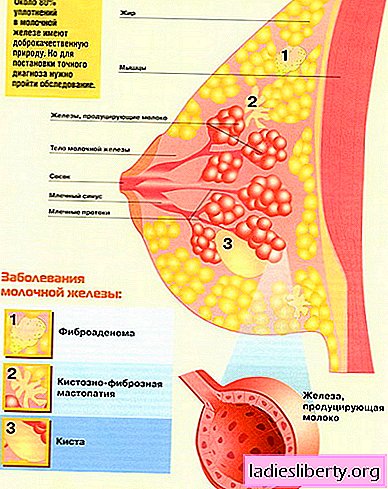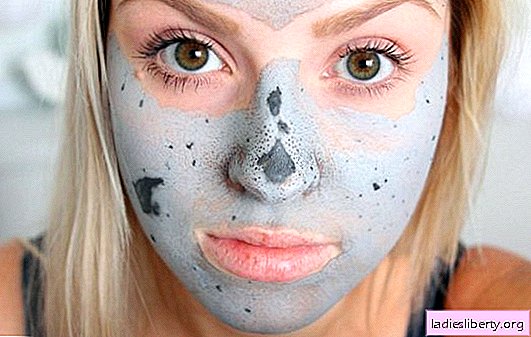
We will not talk about the need for intimate hygiene. This is an axiom. Proper care of sensitive areas is a powerful foundation for female sexual health. Many infectious diseases of the genitourinary system develop due to improper intimate hygiene. Let's talk about how to properly care for the female genital organs, which the poets of antiquity called no other than a beautiful flower with divine nectar. What procedures and means will help us make this flower ever flowering and fragrant.
Washing

Washing is a daily hygienic ritual that must be performed twice a day, as well as before intimacy and after. It is not necessary to use soap or foam every time, it is enough to wash with soap once a day, and all the rest with warm running water.
The stream should be directed from the pubis to the buttocks so that pathogenic bacteria from the anus do not enter the vagina. In no case can you direct the flow of water directly into the perineum, this can lead to infection and internal inflammation.
After the procedure, intimate places need to be gently wet with a towel or cotton towel. It is advisable to change the towel every 2-3 days, and for diseases such as thrush, it is better to use disposable napkins. Forget about using sponges or washcloths, intimate places are too tender, they can be easily injured.
Special squad for washing

Means for intimate hygiene can be anything, it all depends on your preferences. You can buy soap, mousse, foam, milk or gel. Before buying, pay attention to the label of the selected product, pH should be between 3.8-4.2. The closer the indicator is to 7, the lower the acidity. And the vagina needs high acidity.
It is in an acidic environment that beneficial bacteria can fight off harmful microorganisms. Higher cosmetics can cause dry mucous membranes, leading to inflammation and microcracks.
If you are constantly on the move, leading a very active lifestyle, pay attention to funds that include lingonberry, linden or apricot extract. These plants reduce perspiration and help maintain freshness throughout the day. If your skin is whimsical and prone to inflammation, choose a product with an extract of calendula, chamomile, mimosa, oak bark or tea tree oil. They protect against fungal infections and eliminate inflammation. Women during menopause can recommend soap or gel with provitamin B5. It will help to cope with the dryness of the vagina, which women often encounter at this time.
Daily pads

Daily pads are simply indispensable for ovulatory secretions or in the last days of menstruation. But gynecologists do not recommend wearing them every day. The pad is made of waterproof material and prevents the skin from breathing. Change daily every four hours. It is better to opt for odorless gaskets; aromatic additives often lead to allergies.
Hygiene during critical days

The choice of hygiene product depends on the amount of discharge, type of clothing and personal preferences. Both tampons and pads have their pros and cons. A tampon is convenient when you wear tight-fitting clothing, a short skirt or trousers with a splash, and your skin does not sweat. But tampons create a favorable environment for infections in the vagina, and with gynecological diseases they are generally contraindicated.
Gaskets come with gel fillers, nets, impregnations and flavors. But the more natural the material the gasket is made of, the less likely it is to get irritated.
The gasket should be changed every three to four hours to prevent the development of infection and irritation. Before changing the hygiene product, you need to wash yourself, if this is not possible, you can use a wet towel for intimate hygiene.
Travel kit

If the prospect of a long road looms ahead and for some time you have to do without a shower, wet wipes for intimate hygiene will be faithful helpers. They can be purchased at any cosmetic store or pharmacy. To prevent allergies, choose wipes without fragrances. But ordinary wet wipes are not suitable for these purposes, since they have alcohol in their composition.
Special wipes cleanse the skin with additives with antiseptic properties (for example, calendula or chamomile), which increase the protective functions of the vagina. They also include vegetable oils that moisturize the mucous membrane. Gynecologists recommend using wet wipes for intimate hygiene after visiting a public toilet.











